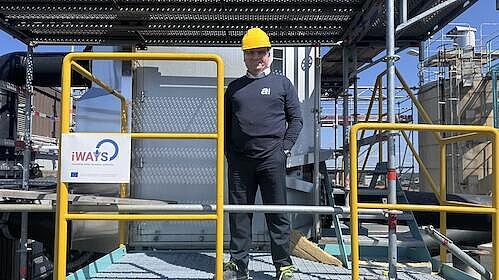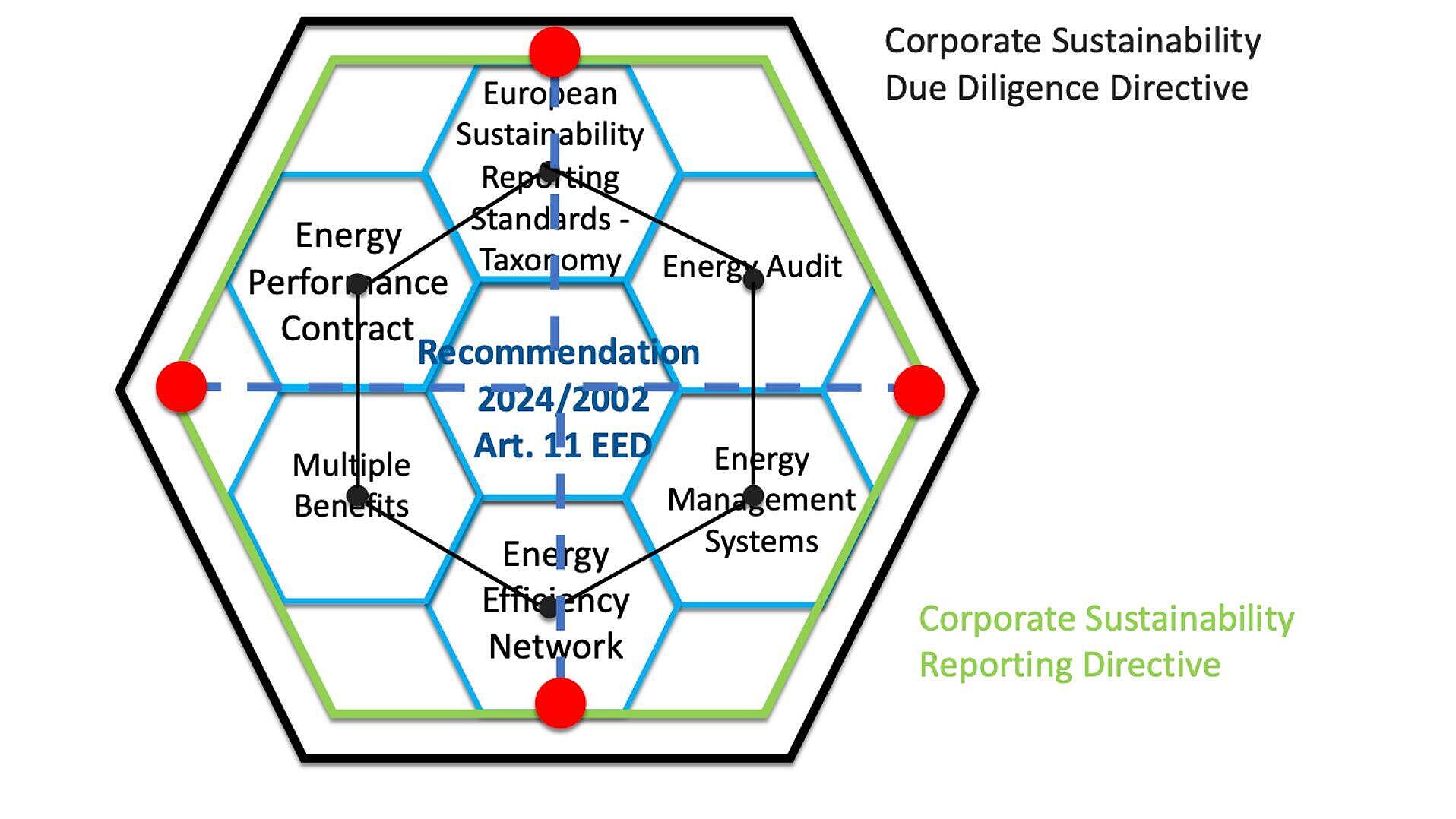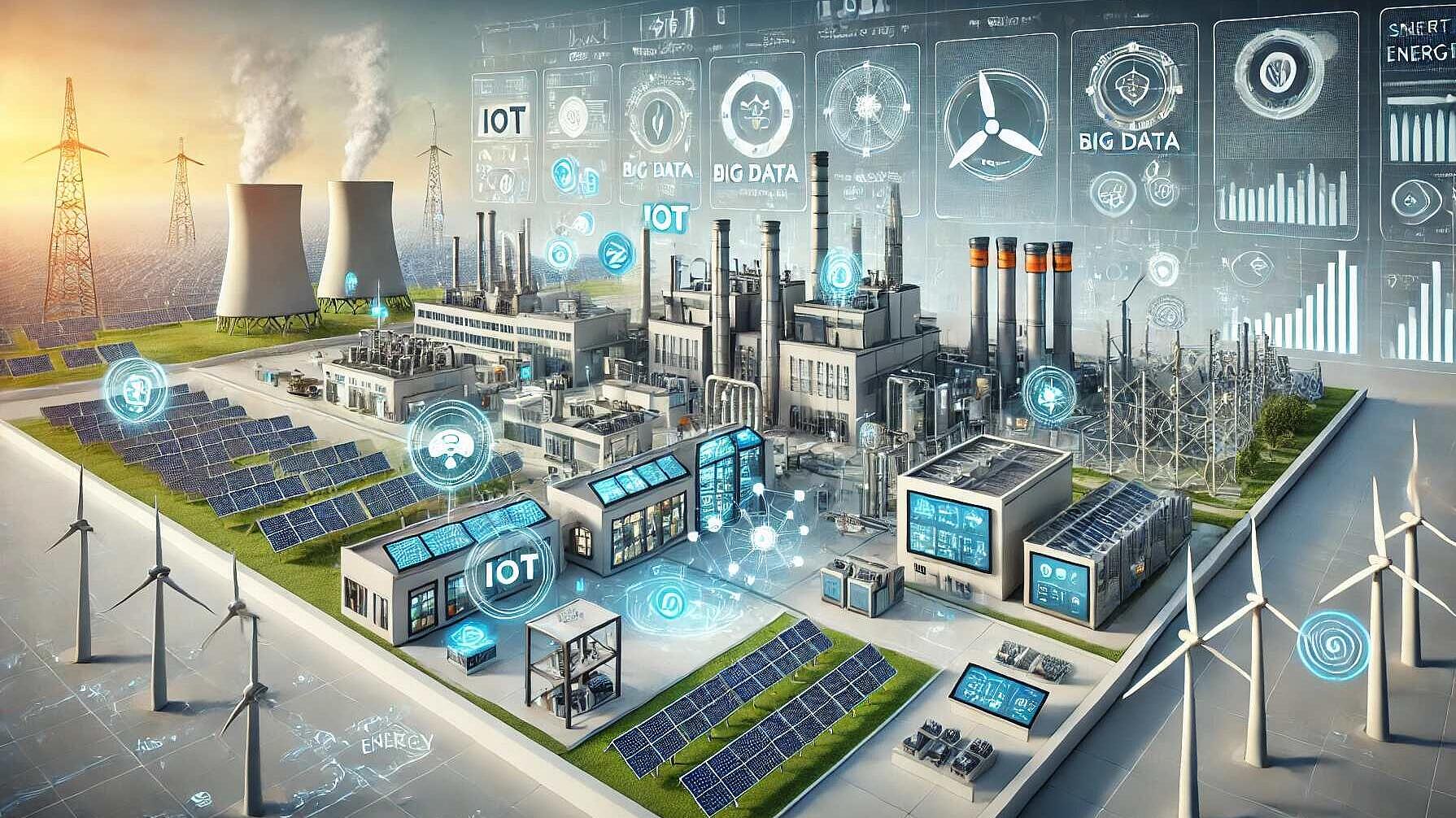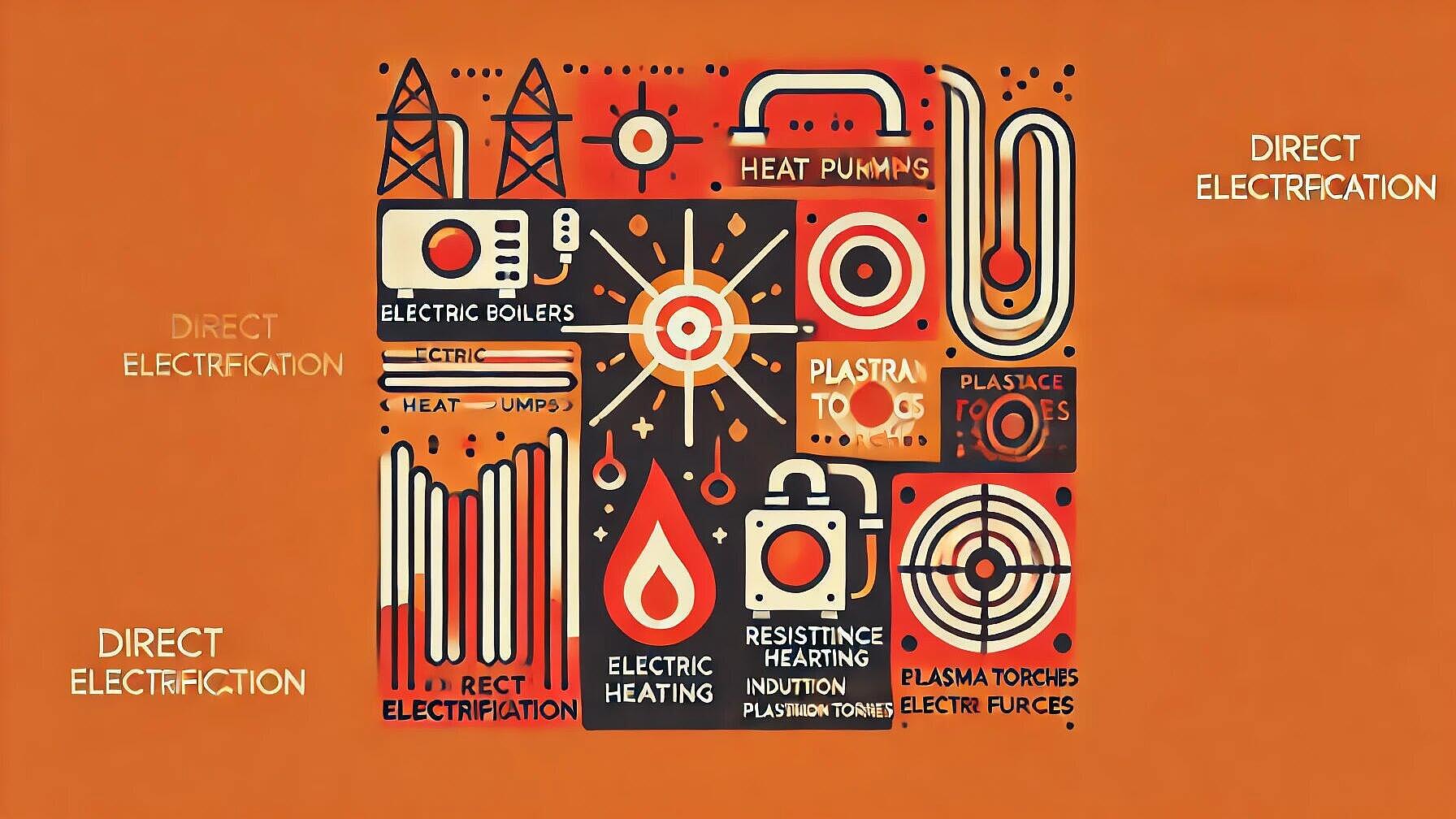 Energy Efficiency
Energy EfficiencyEnergy Efficiency
Para além da poupança de energia: Desvendando o verdadeiro valor da eficiência energética para futuros líderes
A iniciativa de investigação M-Benefits, que engloba 23 projectos-piloto na Europa, Suíça e EUA, destacou os extensos "benefícios não energéticos" (NEBs) associados aos investimentos em eficiência energética. Estes NEBs, frequentemente negligenciados nas avaliações tradicionais que se centram nas poupanças imediatas de energia, incluem o aumento da qualidade do produto, a melhoria da segurança dos trabalhadores, a melhoria da reputação da marca e o alinhamento estratégico do negócio. O estudo concluiu que a integração de NEBs pode aumentar significativamente as métricas financeiras, aumentando a taxa interna média de retorno de 24% para 59% e reduzindo o período médio de retorno de 18 anos para apenas 6 anos. Globalmente, a presença destes benefícios não energéticos pode converter os projectos de eficiência energética de investimentos marginais em investimentos estrategicamente cruciais. O estudo também identifica diversos NEBs relevantes em todos os sectores, tais como a redução dos riscos operacionais, a diminuição dos custos de manutenção e o aumento da satisfação dos trabalhadores. Estudos de casos reais, incluindo um numa fábrica da 3M, demonstram a aplicação prática do reconhecimento dos NEBs em projectos de luz verde inicialmente parados devido a preocupações operacionais. Estes conhecimentos sugerem uma mudança para os profissionais na forma de apresentar projectos de eficiência energética - de iniciativas de poupança de custos para melhorias estratégicas de negócio que contribuem para a competitividade e sustentabilidade a longo prazo.
Leer Artigo completoDesbloquear a vantagem competitiva: Os benefícios múltiplos negligenciados da eficiência energética nas empresas
A eficiência energética oferece mais do que poupanças de custos, incluindo a melhoria da qualidade dos produtos, o bem-estar dos trabalhadores e a reputação da empresa. O seu valor estratégico é subestimado devido ao facto de os benefícios não energéticos serem frequentemente invisíveis e não quantificados nos processos de tomada de decisão.
Leer Artigo completoEnergizando a mudança juntos: O Poder das Redes de Eficiência Energética
As Redes de Eficiência Energética (REE) promovem a cooperação entre empresas para melhorar a utilização da energia e reduzir as emissões de carbono. Existem mais de 1300 redes a nível mundial, com a Alemanha e a China a liderar o processo. As REE incentivam a partilha das melhores práticas, a definição de objectivos e a aplicação de medidas de poupança de energia, com resultados comprovados em termos de redução de energia e de CO2. Este modelo de colaboração ajuda a atingir os objectivos climáticos nacionais e internacionais e promove a inovação em todos os sectores.
Leer Artigo completoAbrir a eficiência energética nesta Páscoa!
A Páscoa tem impacto na procura de energia, com os agregados familiares do Reino Unido a aumentarem o consumo de eletricidade durante as férias. Práticas eficientes e escolhas sustentáveis em áreas como a produção de doces e a criação de coelhos podem atenuar os efeitos ambientais e promover a poupança de energia em todos os sectores.
Leer Artigo completoComo as novas tecnologias podem permitir fábricas sem chaminés
O Professor Hussam Jouhara fala sobre o desenvolvimento do Economizador de Condensação de Tubos de Calor (HPCE), concebido para reduzir o consumo de energia industrial e as emissões através da recuperação de calor e água residuais. Apoiado pelo programa Horizonte 2020 da UE, o HPCE supera desafios como a variabilidade do fluxo de escape e os condensados corrosivos, com o objetivo de aumentar a eficiência e a sustentabilidade ambiental nas indústrias, especialmente no sector químico, promovendo a recuperação de energia e de materiais.
Leer Artigo completoDesmistificando a Simbiose Industrial: Um guia completo para a identificação de oportunidades
A simbiose industrial (SI) optimiza a utilização dos recursos e minimiza os resíduos através do intercâmbio de recursos entre indústrias. As iniciativas europeias investem em metodologias de SI para melhorar a adoção pelo mercado, mas enfrentam desafios como a complexidade e a disponibilidade de dados. O processo de identificação envolve o mapeamento, a seleção e o estabelecimento de correspondências, exigindo colaboração e avaliações de viabilidade a longo prazo.
Leer Artigo completoLigar os pontos da Diretiva Eficiência Energética com os relatórios financeiros sustentáveis. Todo o potencial desbloqueado.
A Comissão Europeia emitiu orientações para ajudar os Estados-Membros da UE a adotar a diretiva relativa à eficiência energética até outubro de 2025. A Recomendação 2024/2002 promove uma abordagem integrada das auditorias energéticas, dos sistemas de gestão e dos relatórios de sustentabilidade, apoiando o cumprimento de diretivas comunitárias mais amplas.
Leer Artigo completoTransformação digital na eficiência energética industrial: Perspectivas para as empresas europeias
As indústrias europeias utilizam ferramentas digitais para a eficiência energética, de acordo com um relatório com nove estudos de caso, destacando os grandes volumes de dados, a IA para manutenção, os programas de resposta à procura, a importância da colaboração, a abordagem dos custos elevados e as lacunas de competências, oferecendo orientações para a integração de tecnologias e a promoção da inovação para a sustentabilidade.
Leer Artigo completoQuiz Your Way to Energy Mastery! Discover, Learn, and Win with EnerWhizz
EnerWhizz is a mobile quiz game designed to teach players about energy efficiency and renewable energy in an engaging and competitive format, offering rewards, multilingual support, and opportunities for global competition.
Leer Artigo completoElectrifying Industry: The Path to Decarbonizing Process Heat
The Agora Industry study outlines direct electrification's potential to fulfill 90% of industry's non-electrified energy demands in Europe by 2035, highlighting a key opportunity for CO2 reduction and progress towards EU climate targets.
Leer Artigo completo








